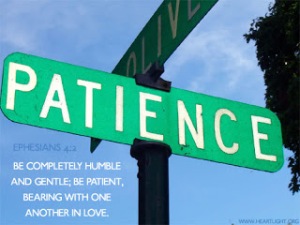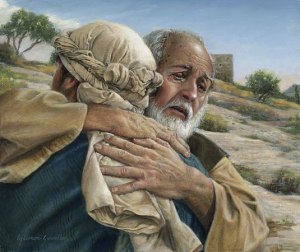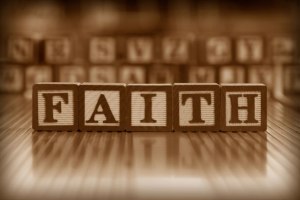Dear Sin,
You are crouching at my door. You desire to have me and fool me into your trap. You bring in me a tendency to do wrong and cause my health to be broken. You bring me guilt and burdens too heavy to bear. My heart is anguished and filled with grief. My family stands at a distance; my loved ones stay away. Why is it so easy to drift away and fall into you?
Over the centuries many have been overcome by the awareness of your presence. Yet many found comfort and hope in the word of God. I am now silent and still. I shall share the the depth of my sorrow and repentance with God. I rest assured in the understanding that God will respond with complete forgiveness. Sin, you are a rebellion against God and I will rule over you. Unfailing love and faithfulness will make atonement for you.
Blessed am I because my transgressions are forgiven. I feel sorrow for you and it brings me hope. You are like a weed in a beautiful garden; once pulled out, you will do whatever it takes to come back. You are a disgrace to everyone, but righteousness makes us great. May Jesus be my gardener. Through him everyone who believes is set free from your enslavement. I know I fall short, but I am made right by faith. The closer you come to me, the more abundant God’s grace becomes.
Sin, I will not let you control the way I live. You are no longer my master and I am no longer your slave. I will be a slave to righteousness. I will do those things that lead to holiness and result in eternal life. I know that you will always follow me, but my faith will be on the one who took away my sins, and in him there is no sin.
Sincerely,
A Faithful Traveler
with help from a Daily Prompt



